
What is Tokenisation: Meaning, Working Process & Advantages
30 Jun 2023
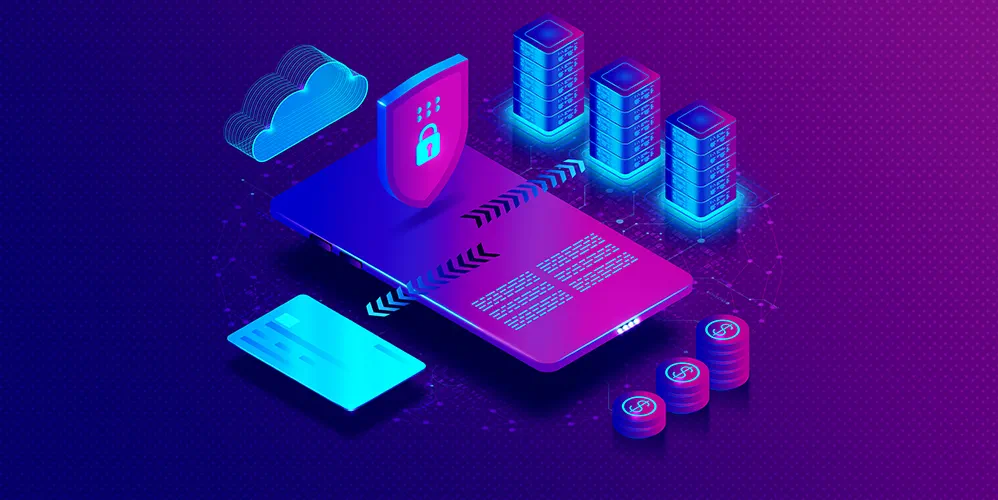
Table of Content
Once upon a time, there was a world where people carried sacks of gold coins and silver trinkets to buy goods and services. As time passed, technology advanced, and we moved into a world of digital transactions, where coins and trinkets became lines of code.
In today’s world, tokenisation has become a buzzword. It is a critical process that ensures secure online transactions and helps prevent fraudulent activities. Tokenisation has revolutionised the way we conduct online transactions. However, many people are still unfamiliar with what tokenisation is and how it works. This blog will provide a complete guide to tokenisation, including what it is, how it works, its benefits, and how it is used in India.
What is Tokenisation?
Tokenisation is the conversion of sensitive data, such as credit/debit card information, into a unique identifier known as a token. The token has no inherent value or meaning and is useless if intercepted by fraudsters. Tokenisation's primary goal is to secure sensitive data from unauthorized access and to limit the risk of fraud.
Tokenisation is widely used in the payment sector, where it has evolved into a critical security component for online transactions. By substituting the real card details with a unique token that may be used for online purchases, it helps secure critical data from cybercriminals.
How Tokenisation Works?
The process of tokenisation involves the following steps:
- Data Collection: The sensitive data, such as credit card numbers or bank account details is collected by the merchant or payment processor during a transaction.
- Tokenisation: The data is then encrypted and replaced with a unique token that has no intrinsic value. The token is stored in place of the original data.
- Storage: The token is then stored securely by the card networks/ Issuer bank in a database along with the transaction details.
- Retrieval: When a transaction is made, the token is retrieved from the database and decrypted to obtain the original data.
Benefits of Tokenisation
Tokenisation offers several benefits for both merchants and customers. These include:
- Increased Security: Tokenisation ensures that sensitive data is not stored in a merchant's system, reducing the risk of data breaches.
- Fraud Prevention: Tokens are useless to fraudsters, reducing the risk of fraudulent activities.
- Faster Transactions: Tokenisation speeds up the checkout process, resulting in faster transactions.
Advantages of Tokenisation
Tokenisation has several advantages that make it an essential security feature for online transactions. These advantages include:
- Reduced Risk of Data Breaches: Tokenisation reduces the risk of data breaches by removing sensitive data from the merchant's system.
- Cost-Effective: Tokenisation is a cost-effective solution to prevent fraudulent activities compared to other security measures.
- Increased Customer Trust: Tokenisation helps build trust between customers and merchants by ensuring the security of their sensitive data.
Tokenisation in India
Reserve Bank of India (RBI) has mandated the adoption of card-on-file (CoF) tokenisation as an alternative to storing customer card details on merchant servers. This directive aims to increase the security of card details and reduce the risk of fraud and data breaches while performing E-commerce transactions using debit card or credit card .
Under this mandate, payment aggregators, wallets, and online merchants are prohibited from storing any sensitive card-related customer information, including full card details. Instead, the card numbers must be replaced with tokens. This move by the RBI is a significant step towards enhancing the security of online transactions and ensuring the protection of sensitive card details.
How to Tokenise Debit and Credit Cards?
Tokenizing your debit or credit card is a simple process that can be done online in just a few minutes. Here's how:
- Make a purchase or payment on an e-commerce website or app.
- During the checkout process, choose the option to "Secure your card in accordance with RBI guidelines" or "Tokenize your card in accordance with RBI guidelines."
- Approve the creation of the token by entering the OTP sent to your email or mobile device.
- Your token is generated and saved, and the last four digits of your card are displayed for easy identification at merchant’s website/ mobile application.
Conclusion
Tokenization is a powerful tool that can help protect sensitive data and enhance the security of digital payments. It offers several benefits and advantages, including security, convenience, compliance, and cost-effectiveness. In India, the implementation of tokenization is mandatory for all card issuers and payment gateways, which shows the government's and Regulators commitment to enhancing the security of digital payments.
If you haven't done it already, consider tokenizing your payment cards to enjoy enhanced security and peace of mind when making digital transactions.
Popular Articles
Guide to Getting Agriculture Loan: Application, Eligibility & Required Documents
Tag Clouds
Related Articles

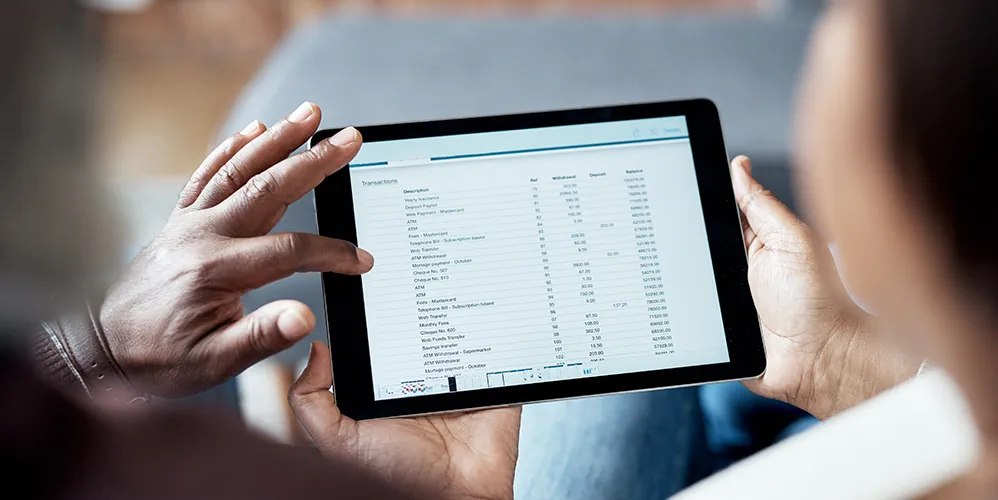
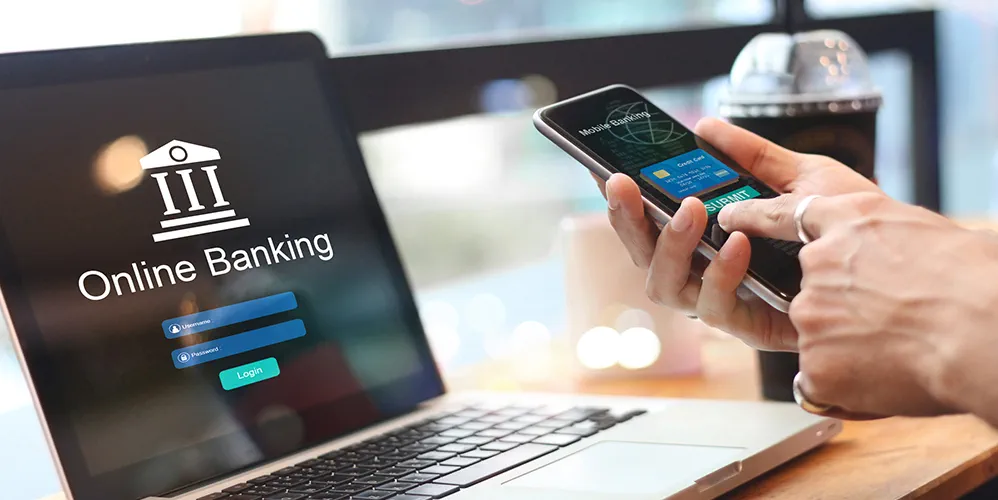



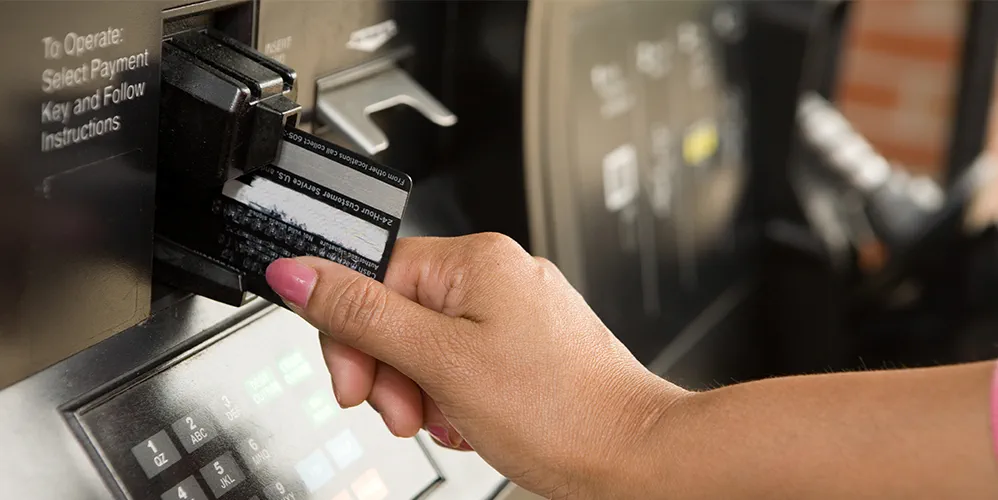

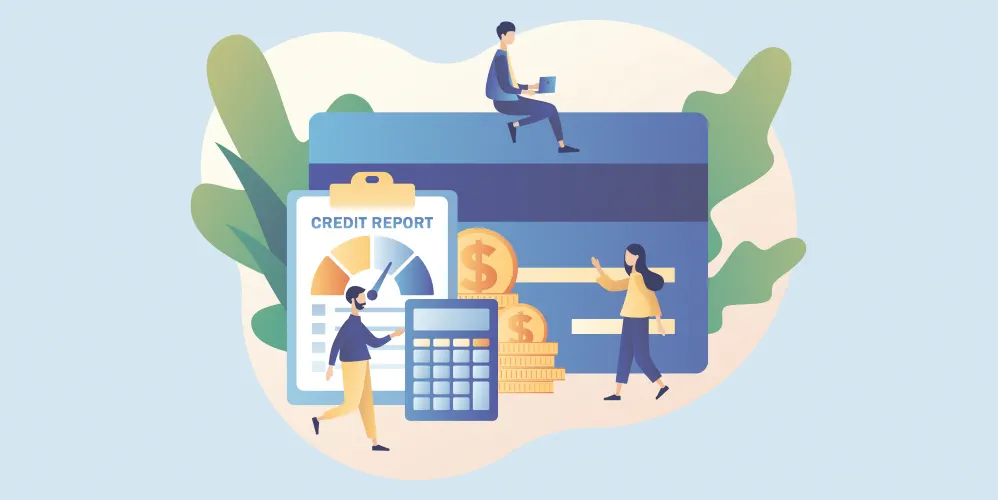
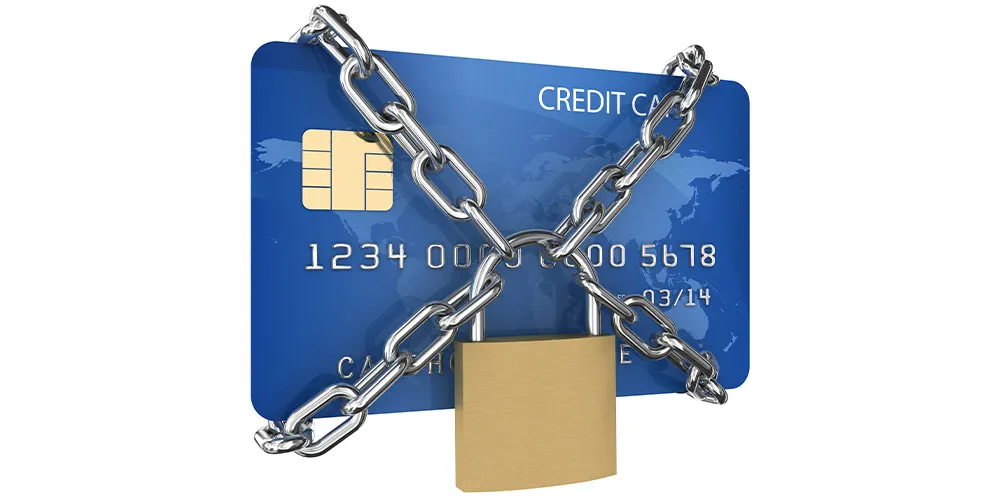
-
Disclaimer
The contents of this article/infographic/picture/video are meant solely for information purposes and do not necessarily reflect the views of Bank of Baroda. The contents are generic in nature and for informational purposes only. It is not a substitute for specific advice in your own circumstances. Bank of Baroda and/ or its Affiliates and its subsidiaries make no representation as to the accuracy; completeness or reliability of any information contained herein or otherwise provided and hereby disclaim any liability with regard to the same. The information is subject to updation, completion, revision, verification and amendment and the same may change materially. The information is not intended for distribution or use by any person in any jurisdiction where such distribution or use would be contrary to law or regulation or would subject Bank of Baroda or its affiliates to any licensing or registration requirements. Bank of Baroda shall not be responsible for any direct/indirect loss or liability incurred by the reader for taking any financial decisions based on the contents and information mentioned. Please consult your financial advisor before making any financial decision.
How to Use Internet Banking?
Are you new to internet banking and wondering how to use it? In this blog post, we will guide you through the steps required to start using internet banking , its various features, and how to stay safe while transacting online.
Understanding Bank of Baroda's ATM Services
Bank of Baroda is one of the most trusted and reputed banks in India, offering a wide range of digital products to make banking easier and more accessible for its customers. Among these digital products, ATM and Kiosk services play a crucial role in providing 24/7 banking services to customers. In this blog, we will discuss Bank of Baroda's ATM services, their benefits, and tips for using them safely.

